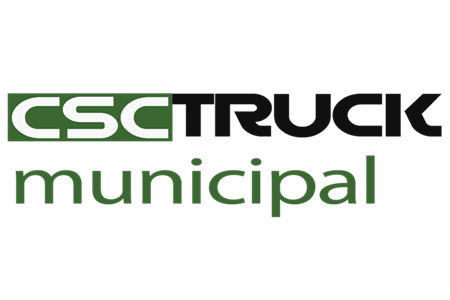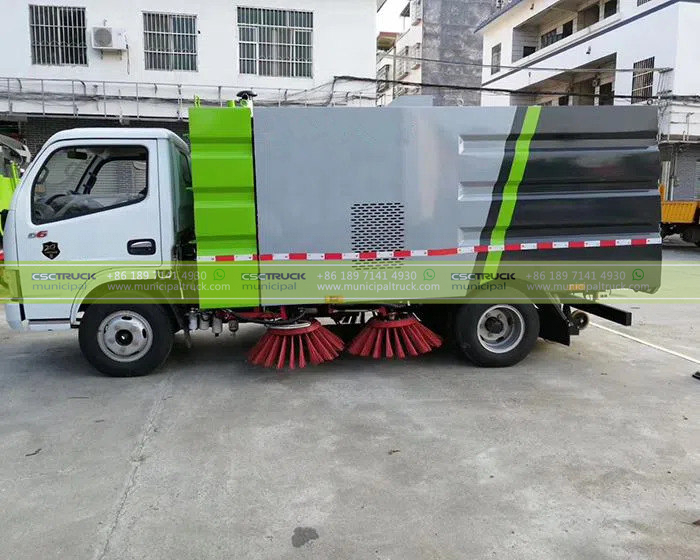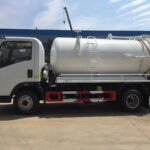Maintaining clean and tidy streets is crucial for creating a pleasant and healthy urban environment. Cleanliness not only enhances the aesthetic appeal of a city but also plays a vital role in public health and overall well-being. One of the key contributors to keeping streets clean and debris-free is the efficient use of sweeper trucks. These specialized vehicles have become an indispensable part of urban maintenance, offering a range of benefits that go beyond surface-level cleanliness.
Sweeper trucks are designed to remove debris, dirt, leaves, and other waste materials effectively from the streets. They come in various sizes and configurations, equipped with powerful brushes, vacuums, and water systems to ensure thorough cleaning. The primary role of sweeper trucks is to collect and remove both visible and invisible contaminants that accumulate on the streets over time.
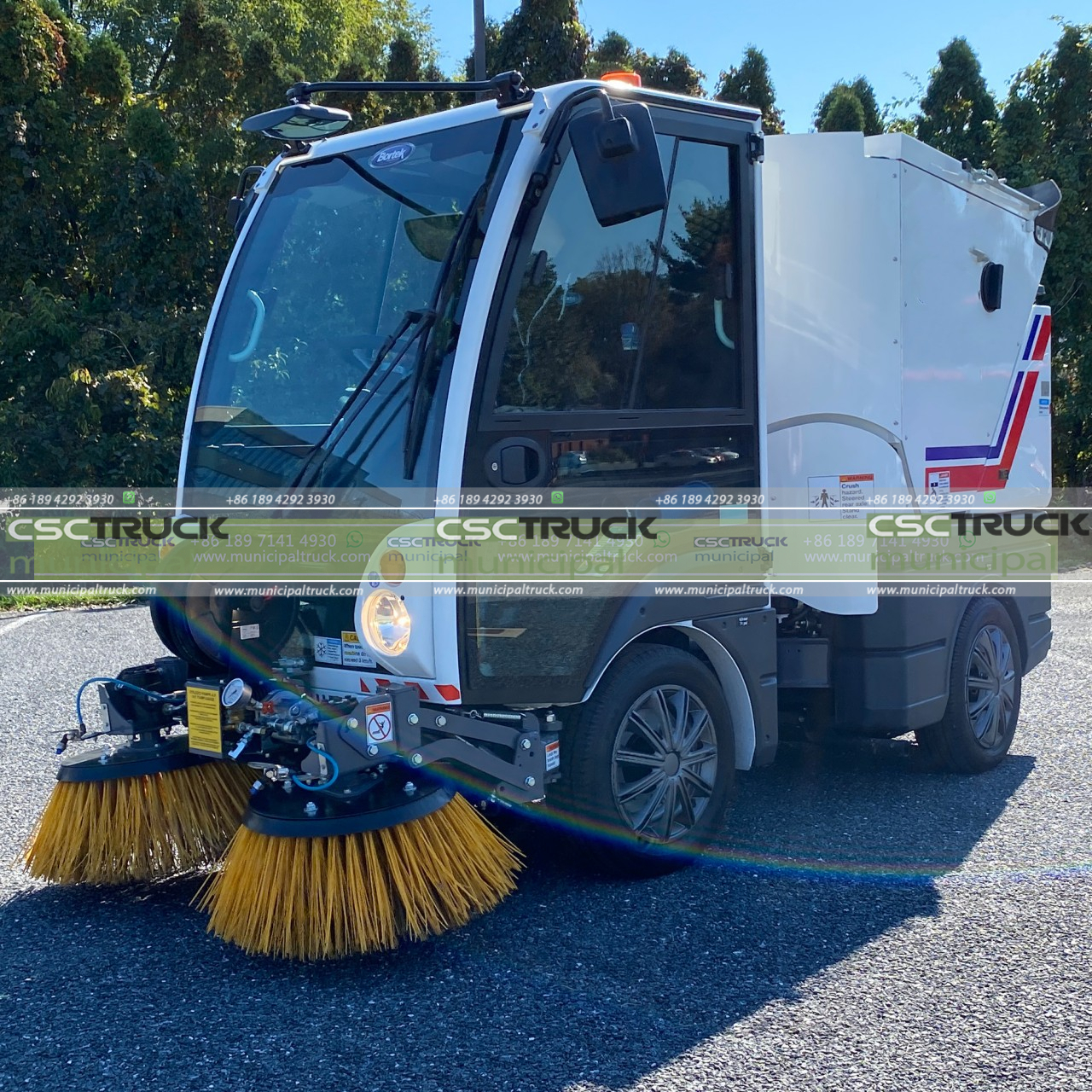
One of the primary advantages of sweeper trucks is their ability to improve air quality. In urban areas, streets can be a significant source of dust and pollutants, which can have detrimental effects on public health. Sweeper trucks equipped with advanced filtration systems can capture fine particulate matter, reducing the amount of dust and allergens in the air. By effectively removing these pollutants, sweeper trucks contribute to creating a healthier and cleaner urban environment.
Another important aspect of sweeper trucks is their role in preventing stormwater pollution. In urban areas, storm drains and gutters often accumulate debris and pollutants, which can be washed away during rainstorms, eventually ending up in rivers, lakes, and oceans. Sweeper trucks play a crucial role in removing these contaminants before they can enter the stormwater system. By regularly cleaning the streets, these trucks minimize the risk of water pollution and protect the natural environment.
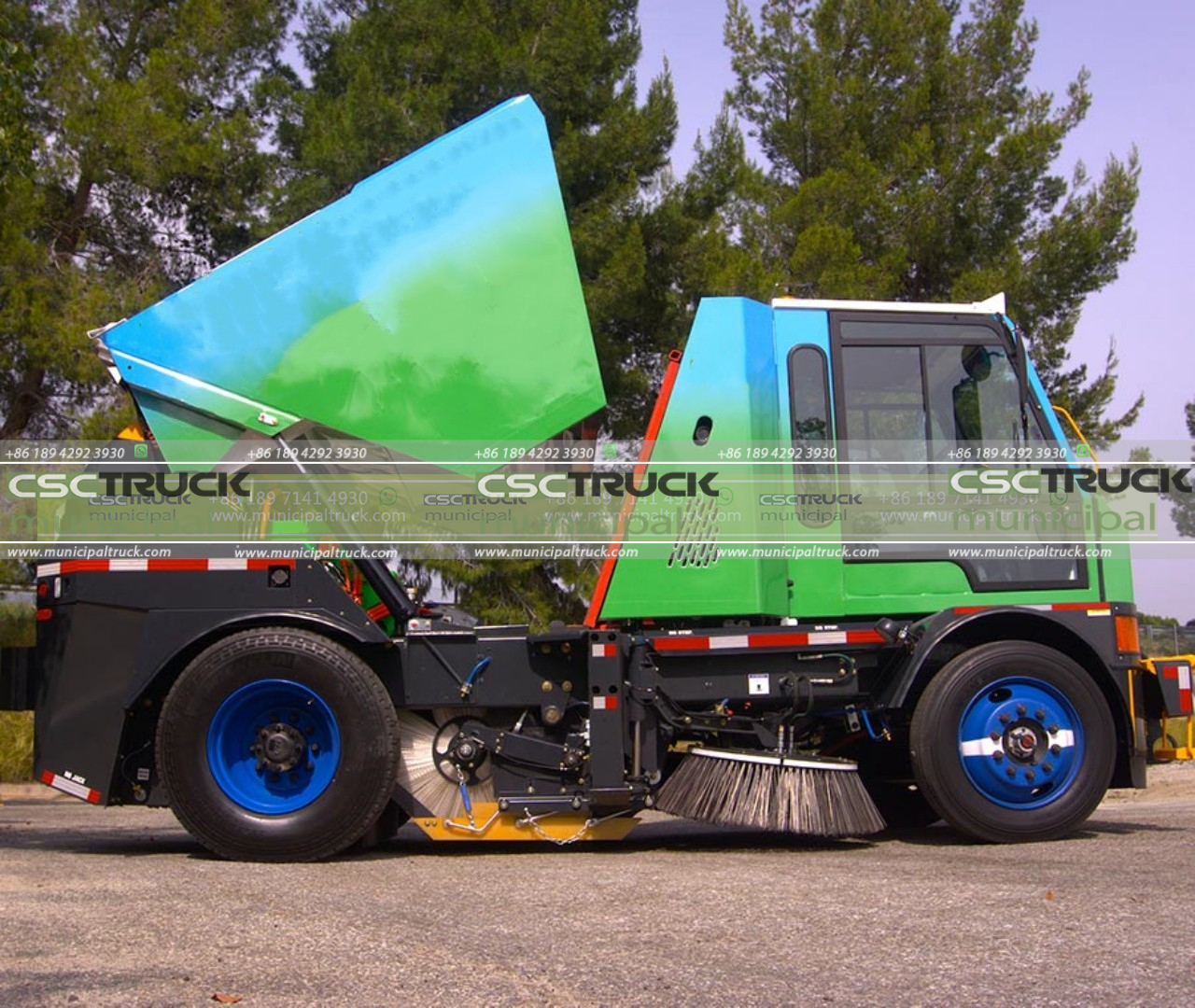
Sweeper trucks also have a significant impact on the overall safety of urban streets. Accumulated debris and litter can pose hazards to pedestrians, cyclists, and motorists. They can obstruct visibility, create slippery surfaces, and even cause accidents. By efficiently removing these obstructions, sweeper trucks help reduce the risk of accidents and ensure safer streets for everyone.
The efficiency and effectiveness of sweeper trucks contribute to time and cost savings for municipalities. Manual street cleaning can be a labor-intensive and time-consuming process, requiring a large workforce. Sweeper trucks, on the other hand, can cover larger areas in less time, improving the productivity of street cleaning operations. Moreover, by preventing the accumulation of waste materials, these trucks reduce the need for frequent and expensive maintenance and repair work on the streets.
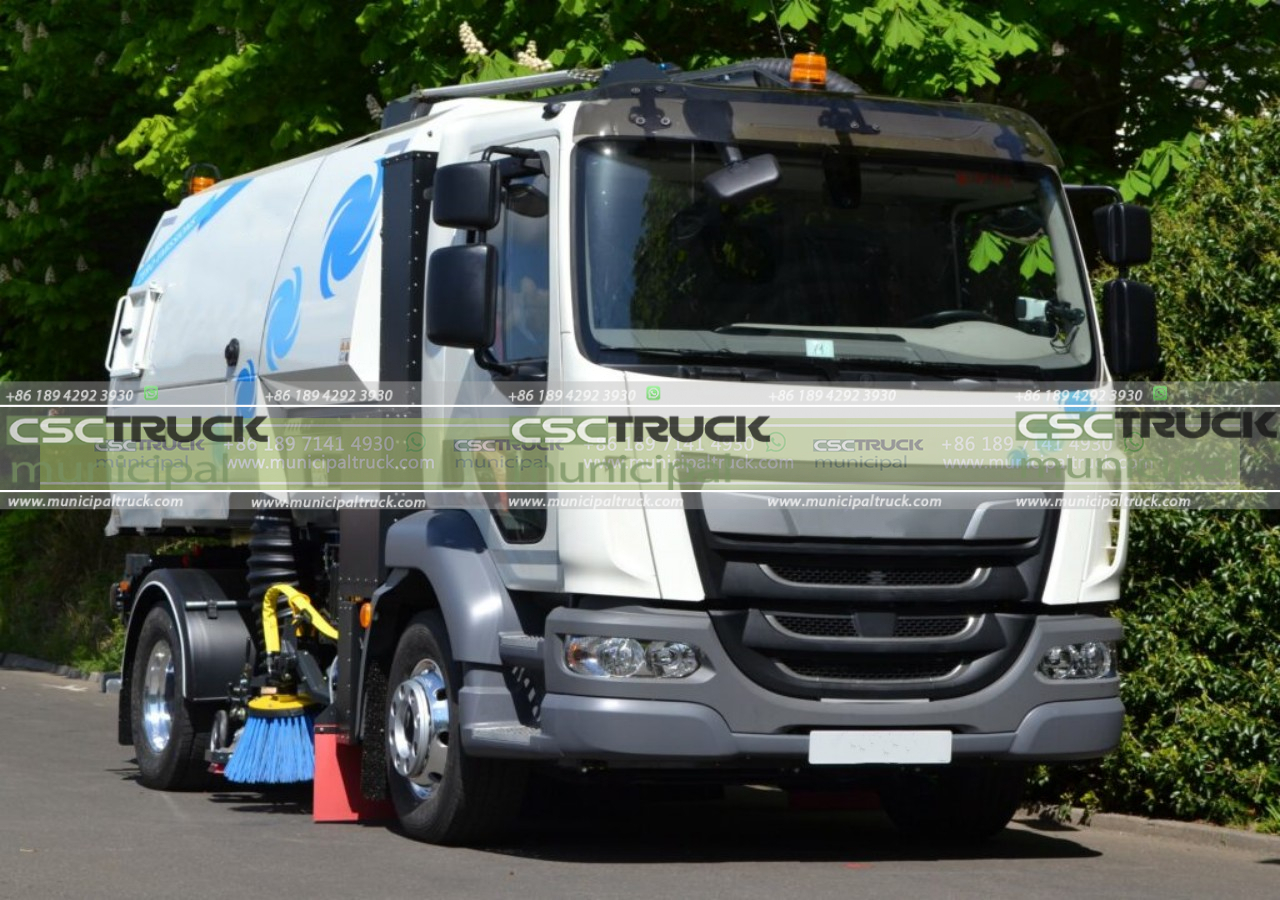
Sweeper trucks are not only beneficial for urban maintenance but also for environmental sustainability. Many modern sweeper trucks incorporate eco-friendly features, such as hybrid or electric engines, which reduce emissions and noise pollution. By embracing these cleaner technologies, cities can align their maintenance practices with their sustainability goals, contributing to a greener future.
In addition to their practical functions, sweeper trucks also play a symbolic role in fostering community pride and cleanliness. When residents see these vehicles diligently working to keep the streets clean, it encourages a sense of ownership and responsibility among the community members. The presence of sweeper trucks serves as a reminder of the collective effort required to maintain a clean and attractive urban environment.
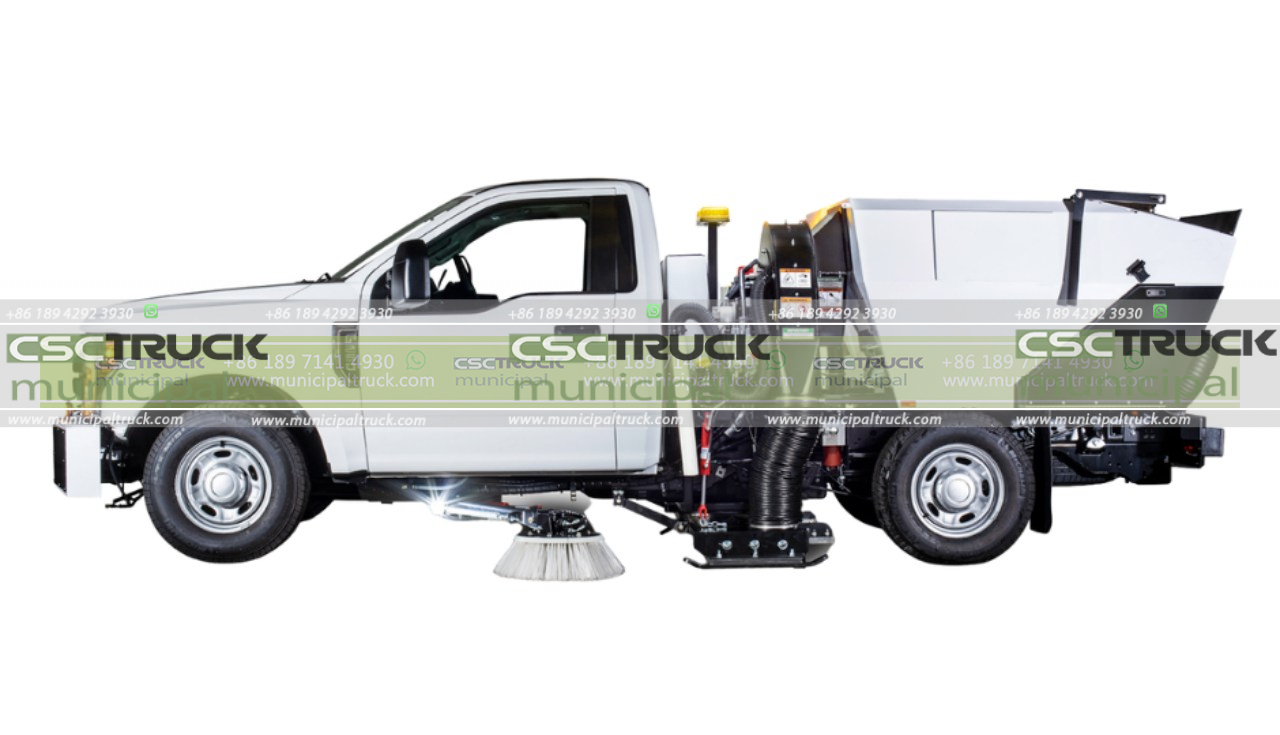
While sweeper trucks are undoubtedly valuable tools for urban maintenance, their effectiveness relies on proper management and integration into a comprehensive cleaning strategy. Regular scheduling, route optimization, and coordination with other cleaning services, such as waste collection, are essential for maximizing the benefits of sweeper trucks. Additionally, educating the public about the importance of keeping streets clean and the role of sweeper trucks can foster a culture of cleanliness and active participation in maintaining urban hygiene.
In conclusion, sweeper trucks play a vital role in urban maintenance by keeping streets clean, improving air quality, preventing stormwater pollution, ensuring safety, and promoting environmental sustainability. These specialized vehicles remove debris, dirt, and pollutants effectively from the streets, contributing to a healthier and cleaner urban environment.
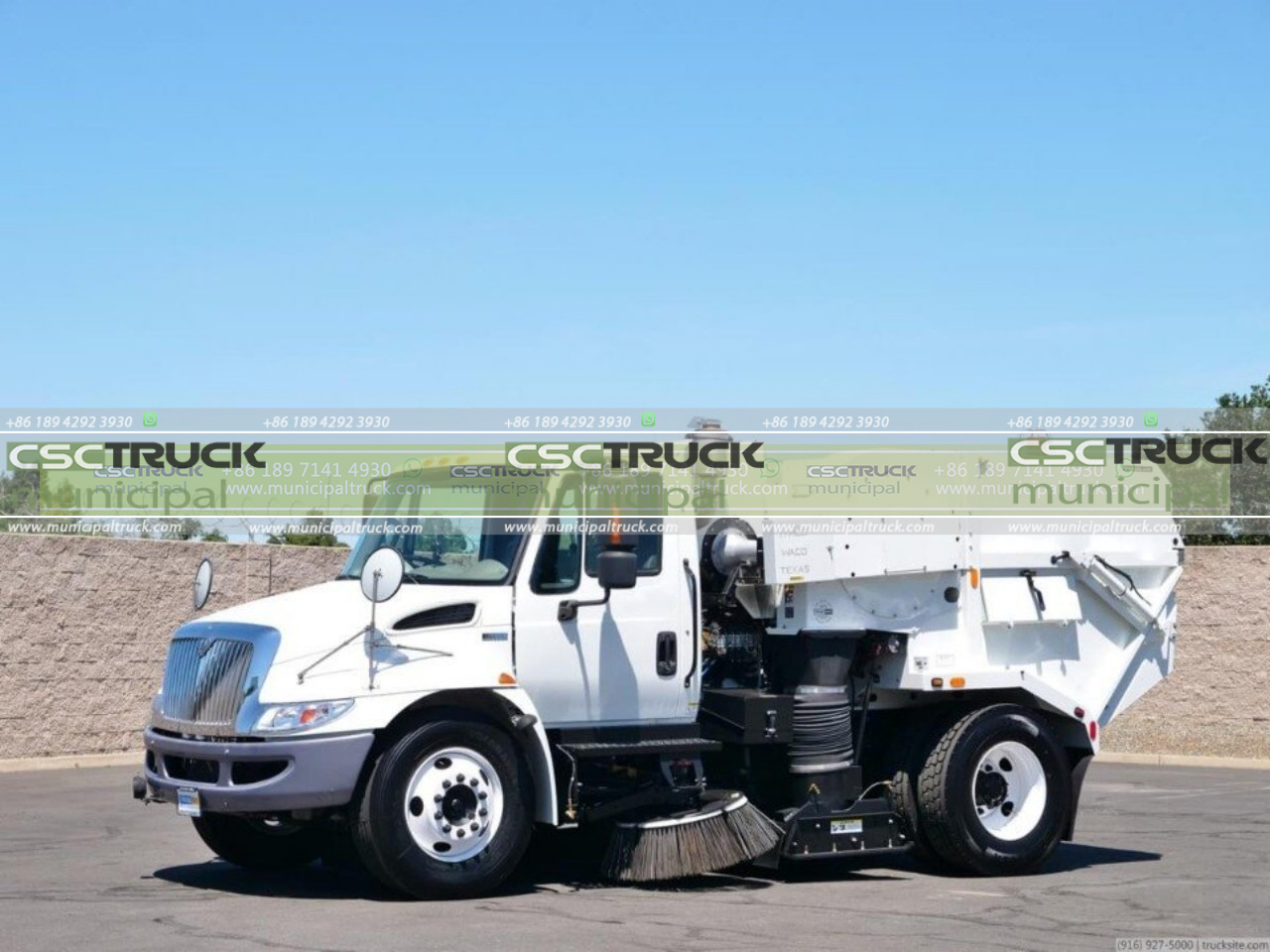
The ability of sweeper trucks to improve air quality cannot be overstated. In densely populated urban areas, streets are often a significant source of dust and pollutants. Sweeper trucks equipped with advanced filtration systems capture fine particulate matter, reducing the amount of dust and allergens in the air. By removing these pollutants, sweeper trucks contribute to creating a healthier and more breathable urban environment for residents and visitors alike.
Stormwater pollution is a critical environmental issue that sweeper trucks help address. Debris and pollutants that accumulate on the streets can be washed into the stormwater system during rainstorms, eventually contaminating rivers, lakes, and oceans. Sweeper trucks play a vital role in preventing this pollution by regularly cleaning the streets and removing contaminants before they reach the stormwater system. Through their diligent efforts, these trucks protect the natural environment and help preserve water quality.
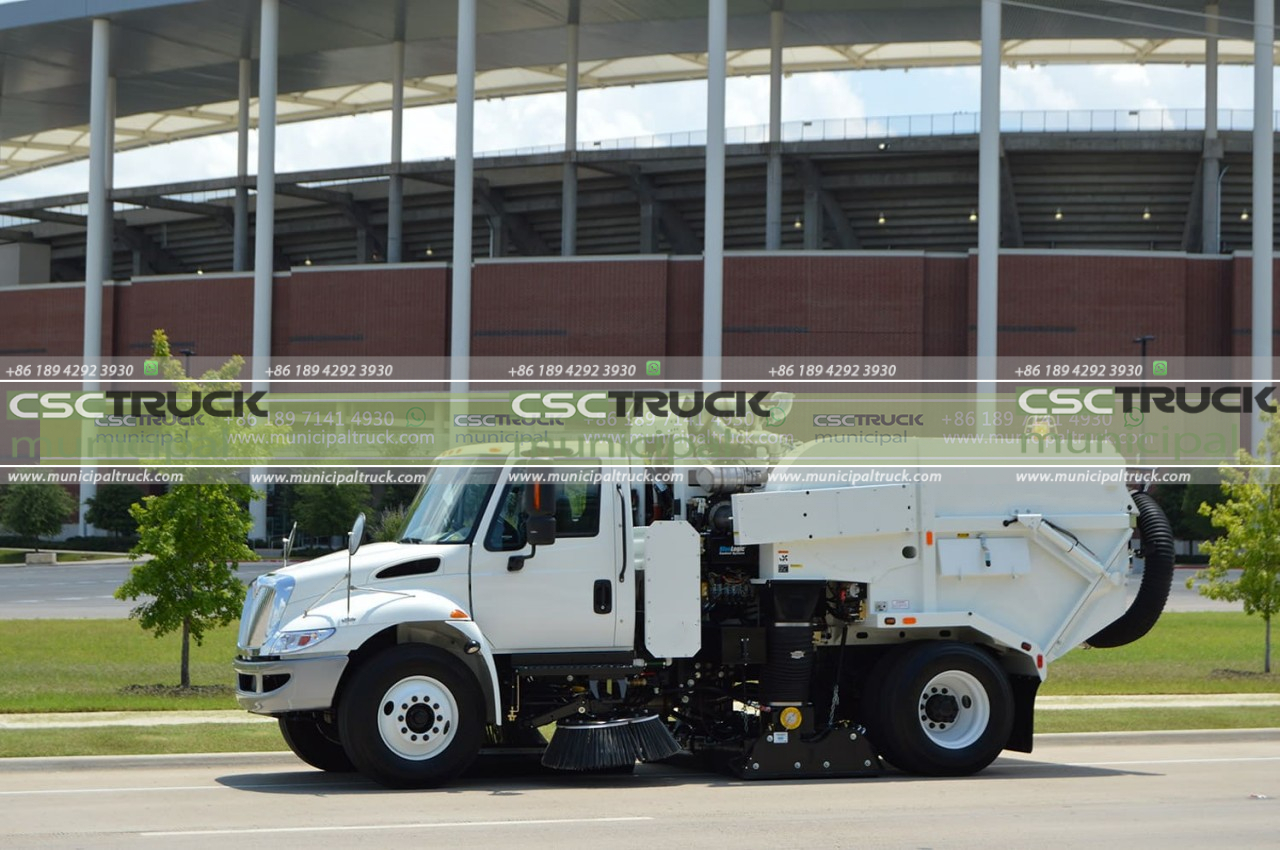
Sweeper trucks also contribute to the overall safety of urban streets. Accumulated debris and litter can pose hazards to pedestrians, cyclists, and motorists. They can obstruct visibility, create slippery surfaces, and even cause accidents. Sweeper trucks remove these obstructions, minimizing the risk of accidents and ensuring safer streets efficiently for everyone. By keeping the streets clean and free from hazards, these vehicles enhance the overall quality of life in urban areas.
Efficiency and cost-effectiveness are additional benefits of sweeper trucks. Manual street cleaning can be labor-intensive and time-consuming, requiring a large workforce. Sweeper trucks, on the other hand, can cover larger areas in less time, improving the productivity of street cleaning operations. Moreover, by preventing the accumulation of waste materials, these trucks reduce the need for frequent and expensive maintenance and repair work on the streets. This translates into time and cost savings for municipalities, allowing them to allocate resources more efficiently.
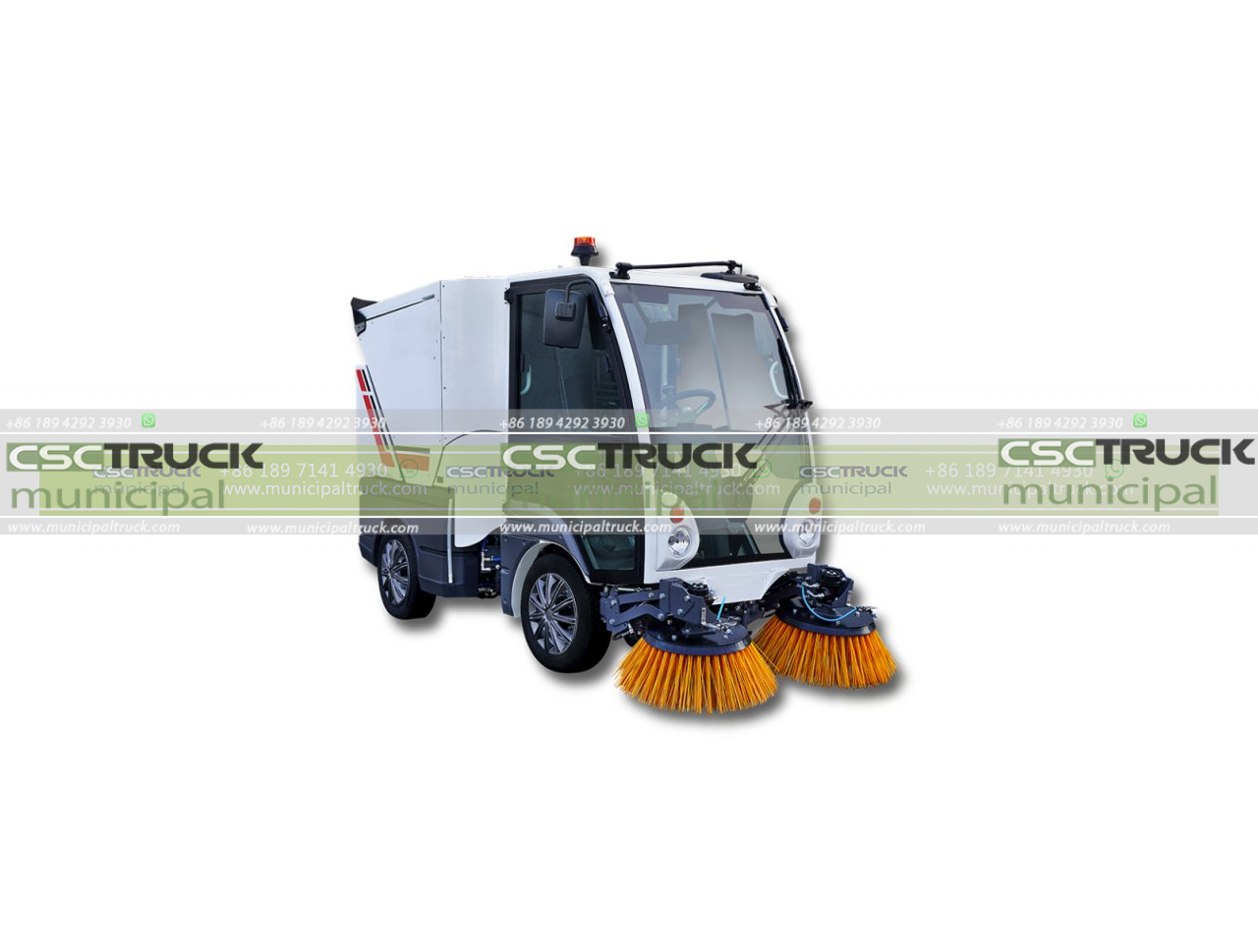
Environmental sustainability is an important consideration in modern urban maintenance practices. Many sweeper trucks are designed with eco-friendly features, such as hybrid or electric engines, which reduce emissions and noise pollution. By embracing these cleaner technologies, cities can align their maintenance practices with their sustainability goals, contributing to a greener future. Sweeper trucks serve as a tangible representation of a city’s commitment to environmental stewardship.
Beyond their practical functions, sweeper trucks play a symbolic role in fostering community pride and cleanliness. When residents see these vehicles diligently working to keep the streets clean, it encourages a sense of ownership and responsibility among community members. The presence of sweeper trucks serves as a reminder of the collective effort required to maintain a clean and attractive urban environment. It instills a sense of civic pride and encourages individuals to take an active role in keeping their surroundings clean.
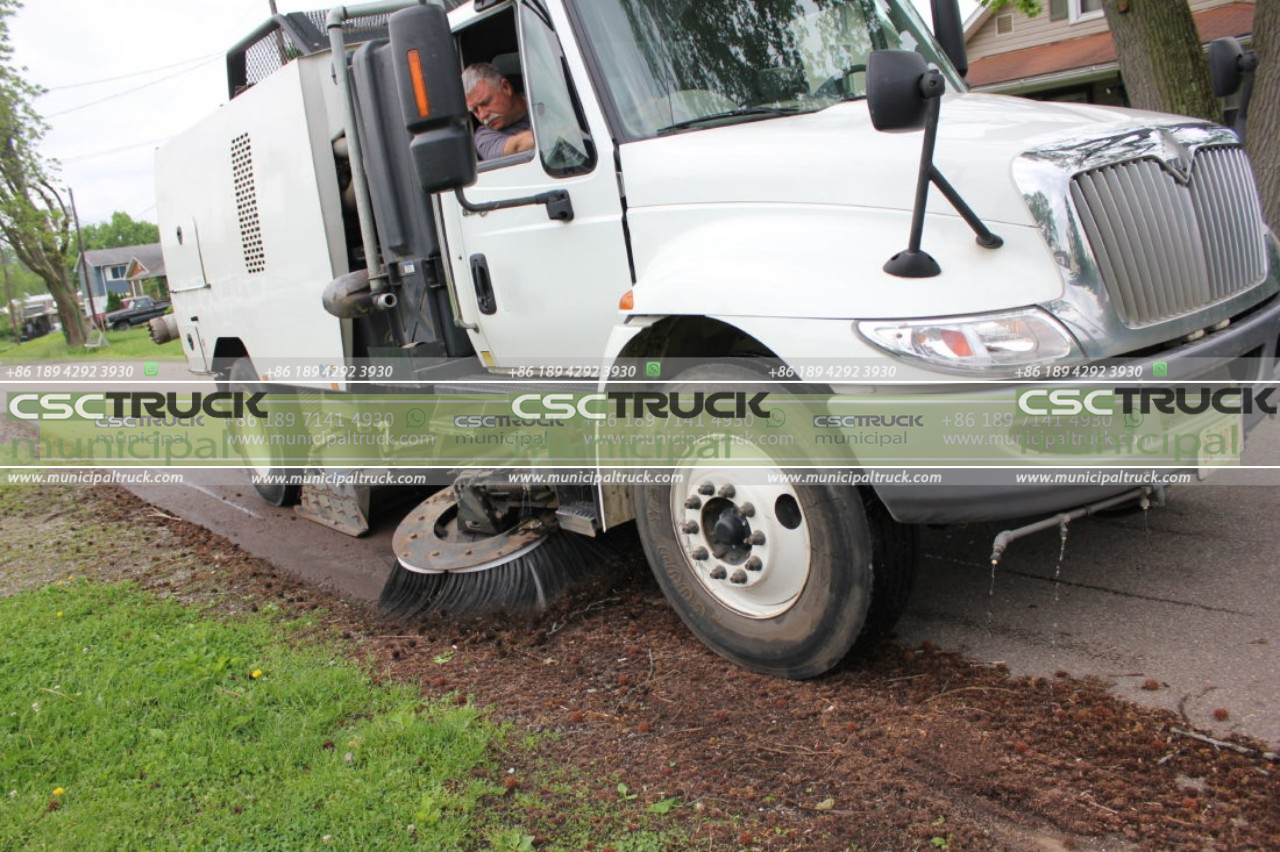
To maximize the benefits of sweeper trucks, proper management, and integration into a comprehensive cleaning strategy are crucial. Regular scheduling, route optimization, and coordination with other cleaning services, such as waste collection, ensure the efficient use of resources. Additionally, educating the public about the importance of keeping streets clean and the role of sweeper trucks can foster a culture of cleanliness and active participation in maintaining urban hygiene. Public awareness campaigns, community outreach programs, and clear communication can help engage residents and businesses in efforts to keep the streets clean.
In conclusion, sweeper trucks are indispensable tools in urban maintenance. They contribute to the cleanliness, safety, and environmental sustainability of cities. By effectively removing debris, improving air quality, preventing stormwater pollution, ensuring safety, and promoting community pride, sweeper trucks play a vital role in creating and maintaining clean streets. Their impact extends far beyond surface-level cleanliness, enhancing the overall quality of life in urban areas and contributing to the well-being of residents and the environment alike.
Contact us for this municipal truck or similar trucks: [email protected] Call us or What's APP us: +86 189 4292 3930
